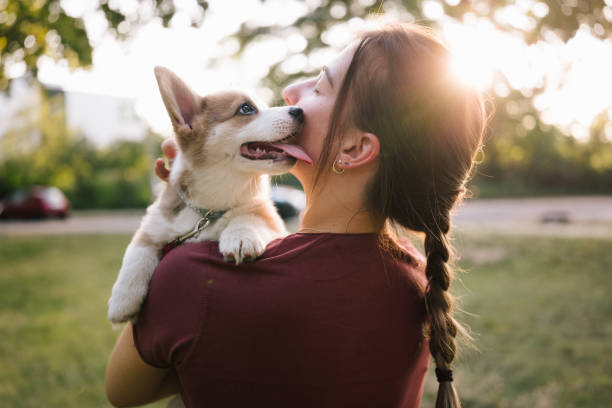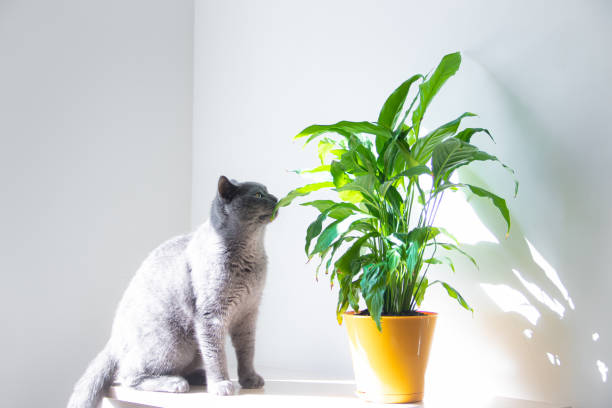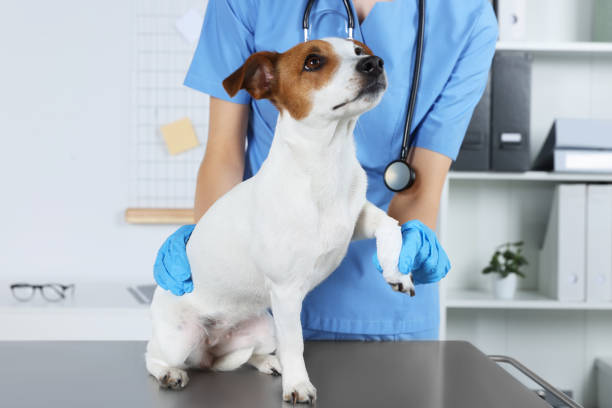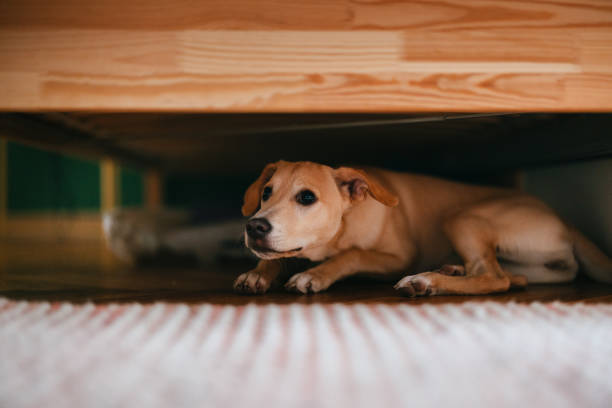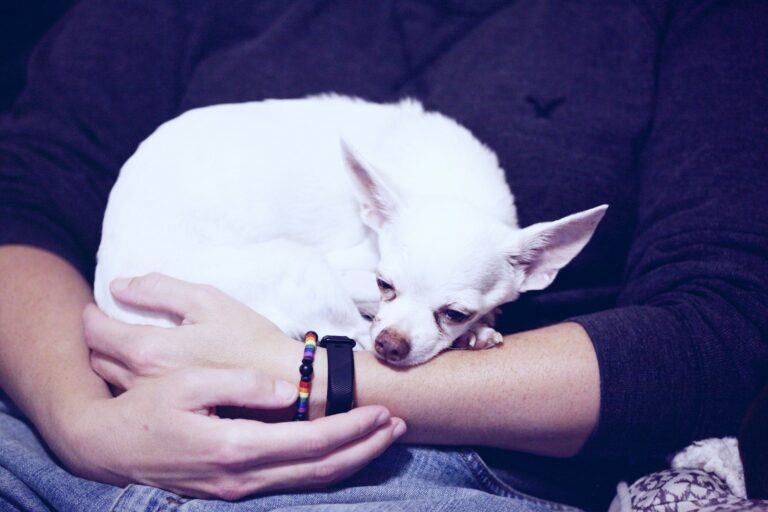First Time Dog Owner Mistakes That Cost Thousands in Vet Bills
Bringing home a dog for the first time is exciting. There’s the joy of having a new companion, picking out toys, and watching them explore. In the middle of all that, it’s easy to miss small things that later turn into real problems. First time dog owner mistakes that cost thousands in vet bills often begin with something that seems minor. The American Kennel Club’s comprehensive new dog owner guide helps prevent these costly oversights from the start. Maybe a dog skips a meal, scratches too much, or gets into the wrong food. Before you know it, you’re sitting in a vet’s office with a bill that could have been avoided.
These situations are more common than people think. What starts as a little habit or a harmless mistake can slowly lead to health issues that need urgent attention. It catches people off guard, especially when they’ve done their best to care for their pet.
This isn’t about blaming anyone. Every dog owner starts somewhere, and the early days can feel like a lot. What matters is learning which signs not to ignore and how to avoid the common slip-ups. A few smart choices early on can protect your dog from pain and save you from unexpected stress. Even simple things like feeding, grooming, and playtime routines can make a big difference when done right. Knowing what to watch for can help prevent future problems and keep your pet happy and healthy.
What Makes Vet Bills So Expensive for New Dog Owners?
A new dog in the home brings excitement, but the cost of care can quickly catch people off guard. First time dog owner mistakes that cost thousands in vet bills often begin with simple decisions that don’t seem risky in the moment. Over time, they lead to health problems that are painful for the dog and hard on the wallet.
Not Fully Ready for What Dog Care Involves
Plenty of new pet owners buy food, toys, and a comfy bed. But they often forget about things like routine checkups, early protection against parasites, or having a plan for unexpected illness. Missing these steps can lead to expensive dog owner mistakes that could have been avoided with better information.
Overlooking Early Signs
A small change in behavior, like scratching too much or sleeping more than usual, might not seem serious. But these can be early dog health warning signs. Ignoring them allows problems to build up, turning into preventable dog health problems that may need urgent treatment.
Waiting Too Long Before Visiting a Vet
Hoping things will get better on their own is a common error. This often causes simple issues to turn into emergencies. Quick action plays a big part in veterinary bill prevention and is one of the most effective dog emergency prevention tips.
Avoiding Basic Care
Skipping vaccines, flea treatment, or deworming may seem harmless at first. But these steps help avoid serious illness later. They also support pet ownership cost reduction and fit naturally into a solid puppy care beginner guide.
Avoiding these new dog owner common errors helps protect your dog’s health and prevents stress over surprise vet bills.
Why Prevention Is Always Cheaper Than Emergency Treatment
Small steps taken early can save dog owners from massive expenses later. Many people don’t expect how fast things can change, but it often becomes clear after that first emergency vet bill. First time dog owner mistakes that cost thousands in vet bills usually come from ignoring little things that could have been handled earlier at a much lower cost.
Routine Visits vs. Emergency Bills
A basic health check might cost between 10,000 and 25,000 naira in Nigeria, depending on the clinic. That same visit, if delayed until it becomes an emergency, can shoot up to over 150,000 naira or more, especially if surgery or overnight care is needed. This is where veterinary bill prevention makes a huge difference.
Small issues like tooth pain or an ear infection can be caught during regular check-ups. Waiting too long allows things to get worse, leading to preventable dog health problems and much higher costs.
Why Early Protection Matters
Simple care like vaccines, flea treatments, and deworming help keep dogs safe from diseases that are both dangerous and expensive to treat. A basic monthly plan for these could fall between 5,000 and 15,000 naira. Skipping them might lead to serious illness that requires full treatment or surgery.
Pet insurance, where available, can also help cover surprise costs. It’s not common in every country, but it’s a smart way to plan ahead where possible.
What to Expect Monthly
A realistic health budget for dogs should include food, basic care, and savings for vet visits. Around 15,000 to 30,000 naira monthly can help stay ahead of trouble. This helps with pet ownership cost reduction and prevents those unexpected bills linked to expensive dog owner mistakes.
Simple routines go a long way. For anyone new to pet care, this can be part of a smart puppy care beginner guide that supports long-term health. It also helps spot dog health warning signs before they turn into emergencies. These habits are part of reliable dog emergency prevention tips that help avoid new dog owner common errors.
10 Costly First-Time Dog Owner Mistakes That Lead to Expensive Emergency Vet Visits
New dog owners often learn through experience, but some mistakes can lead to serious health problems and huge vet bills. It’s easy to miss small details at first, especially when things seem fine on the surface. But ignoring certain areas of care has real consequences. Below are 10 common errors that often lead to emergency situations most people never expect.
Each one is simple to avoid with the right habits. These tips are based on real vet experiences and can help reduce stress, protect your dog, and save money in the long run.
1. Skipping Puppy Vaccinations
Puppies are exposed to bacteria and viruses from the moment they start exploring. Skipping vaccines puts them at risk of deadly diseases like parvo and distemper. The AVMA provides detailed vaccination guidelines that every new dog owner should follow. These can spread fast and often require emergency care. In severe cases, they can even lead to death. Getting the full vaccine schedule on time helps with veterinary bill prevention and is part of basic dog care.
2. Feeding Unsafe Human Foods
Dogs love food, but not everything we eat is safe for them. Things like chocolate, onions, cooked bones, and grapes can lead to poisoning, stomach blockages, or even kidney failure. The ASPCA maintains a complete list of toxic foods for pets that should be kept away from dogs at all times. Some reactions show up hours later when it’s already serious. Treating food poisoning can be costly and stressful. This is a big part of preventable dog health problems that many people don’t know about until it’s too late.
3. Ignoring Flea and Tick Prevention
Fleas and ticks aren’t just annoying. They carry bacteria and diseases that can lead to skin infections, blood loss, or long-term illness like Lyme disease. The CDC provides important information about tick-borne diseases in pets and prevention strategies. Treating the effects often takes weeks of medication, lab tests, and follow-up visits. Regular flea control is part of smart pet ownership cost reduction and should never be skipped.
4. Letting Dogs Roam Unleashed
Letting a dog run free seems fun until they eat something off the street, get hit by a car, or end up in a fight with another animal. These kinds of emergencies are very common in vet clinics. A simple leash could have prevented it. Many dog emergency prevention tips start with basic habits like keeping your dog close in public areas.
5. Delaying Treatment for Small Issues
A small limp, red eye, or weird smell from the ears may not look urgent at first. But dogs hide pain well, and these small signs can quickly turn into major issues. Waiting too long can mean infections that spread, dental abscesses, or internal problems. These situations are a big reason behind first time dog owner mistakes expensive vet bills that catch people off guard.
6. Choosing Cheap Food Without Research
Low-quality food may look affordable but can lead to long-term problems like allergies, stomach issues, or poor development. PetMD’s comprehensive dog nutrition guide explains how to choose the right food for your dog’s specific needs. In puppies, poor nutrition can cause joint and bone problems. In older dogs, it often leads to digestive trouble that requires vet care. It’s always better to feed balanced meals that match the dog’s breed and size. This helps avoid expensive dog owner mistakes linked to food choices.
7. Not Puppy-Proofing the Home
Dogs, especially young ones, chew and swallow all sorts of things. Socks, batteries, children’s toys, or sharp objects can end up stuck in their stomach or throat. Surgery to remove foreign items is not only risky but can also cost a lot. VCA Hospitals explains the dangers of foreign body ingestion and what pet owners should watch for. Simple home changes like hiding cords and securing trash can prevent these emergencies and are part of every smart puppy care beginner guide.
8. Skipping Regular Vet Checkups
Just like people need yearly health checks, dogs benefit from regular visits too. These help catch problems like liver disease, tumors, or dental infections before they get worse. AAHA’s wellness examination guidelines outline what to expect during routine veterinary visits. Waiting until your dog is clearly sick often means a more serious condition that takes longer and costs more to treat. Routine visits help with veterinary bill prevention and often cost far less than emergency care.
9. Avoiding Spaying or Neutering
Some pet owners delay or skip this step completely. But without it, dogs are at risk of infections like pyometra in females or testicular cancer in males. The AVMA explains the health benefits of spaying and neutering and optimal timing for the procedure. These conditions usually require surgery under urgent conditions. Spaying or neutering at the right time prevents these risks and supports long-term health. It also helps with dog health warning signs linked to hormone-related behavior and stress.
10. Using Online Advice Without Vet Confirmation
The internet is full of dog care tips, but not everything you read is right for your pet. Giving home remedies, human medicine, or copying what worked for someone else can make a situation worse. Misreading symptoms leads to delays in proper care. Always speak to a vet before trying something new. The AVMA’s guide on when to call your veterinarian helps new owners recognize urgent situations. This simple habit helps avoid new dog owner common errors that turn into medical emergencies.
Every mistake on this list has shown up in real vet clinics. They’re not rare, and they’re not always easy to spot at first. The good news is, they’re also easy to avoid. Building small habits now saves your dog from pain and helps you avoid surprise bills.
A little effort goes a long way in protecting your pet and your budget. Being aware of these risks is an important part of dog emergency prevention tips. If this is your first time caring for a dog, keeping these points in mind can help build a strong foundation that supports both your pet’s health and your peace of mind.
How to Avoid Expensive Dog Mistakes as a Beginner
First time dog owner mistakes expensive vet bills often come from small slips that build up over time. Here’s how to avoid them before they turn into emergencies.
Ask for a Puppy Care Beginner Guide
Your vet is the best person to walk you through the basics. Whole Dog Journal’s puppy care basics provides additional guidance for first-time dog owners. Ask for a clear guide or simple checklist. It helps set routines for feeding, grooming, exercise, and regular checkups. This also helps prevent new dog owner common errors that usually happen in the early weeks.
Stick to the Vaccine and Deworming Schedule
These protect your dog from serious illnesses that spread fast. Parvo, worms, and other infections can cost a lot to treat. Staying on schedule supports veterinary bill prevention and lowers the risk of preventable dog health problems.
Ask Before Trying Home Remedies or Diets
Not everything natural is safe for dogs. Always talk to a vet before trying something new. This helps avoid allergic reactions, stomach trouble, or toxic ingredients, which often lead to expensive dog owner mistakes.
Watch for Small Signs of Illness
Limping, vomiting, strange smells, or tiredness can be early dog health warning signs. Catching problems early supports dog emergency prevention tips and can lead to quicker, cheaper care.
Budget for Basic Care
Planning ahead helps with pet ownership cost reduction. Set aside something monthly for checkups, flea care, and a little extra for emergencies. It’s better to prepare than be caught off guard.
How to Spend Less on Dog Care Without Cutting Corners
It’s easy to think pet costs are only high during the early stages, but long-term care adds up fast. Vet bills, food, grooming, and surprise treatments can quietly drain your budget. These simple habits can make things more manageable over time and help reduce money stress without risking your dog’s health.
Start Pet Insurance Early
The best time to look into insurance is before any health issue comes up. Some companies won’t cover past conditions, which means you’ll pay out of pocket if something serious shows up later. The North American Pet Health Insurance Association offers resources to help pet owners understand insurance options and coverage. Signing up while your dog is still young and healthy can help with veterinary bill prevention and gives peace of mind during surprise emergencies.
Buy Food and Meds in Bulk
Buying a small bag every week costs more over time. When you find a good quality food that suits your dog, look for larger bags or bundles. The same goes for flea pills, supplements, or other vet-approved items. It adds up to real pet ownership cost reduction over the year.
Brush Teeth Regularly at Home
Dental cleanings at the vet can be expensive, especially if gum problems develop. Brushing your dog’s teeth a few times a week helps prevent plaque buildup. The AVMA’s dental care guidelines for pets explain proper at-home dental care techniques. This lowers the risk of infections, tooth loss, and other preventable dog health problems.
Learn Simple Grooming Steps
Bathing, brushing, and checking for rashes at home helps stop skin infections and mats. It also helps you spot dog health warning signs early. These habits support dog emergency prevention tips and are often part of a smart puppy care beginner guide. Skipping them leads to expensive dog owner mistakes and is one of the most common new dog owner common errors people regret later.
Everyday Habits That Help Keep Vet Visits Rare
A lot of health problems start small. Paying attention to your dog’s daily routine can help catch things early and even stop bigger issues before they begin. These simple habits don’t take much time but go a long way in keeping your pet healthy and your wallet safe from surprise vet costs.
Wash food and water bowls every day. It might not seem urgent, but leftover food or dirty water can lead to stomach issues or bacteria buildup. Clean bowls mean fewer chances of infections or digestive problems.
Check your dog’s paws after walks. Sharp stones, glass, or hot pavement can leave cuts or burns. A quick look after each walk helps spot injuries early and lowers the risk of swelling or infection. This is one of the small things that supports dog emergency prevention tips without needing a vet.
Wipe and dry your dog’s ears if they get wet. Moisture stuck in the ears often leads to yeast or bacterial infections. These are not only painful but also expensive to treat. This habit can play a big role in veterinary bill prevention.
Keep an eye on poop, energy levels, and appetite. A sudden change might be the first sign of discomfort. PetMD’s guide to monitoring your dog’s health at home teaches owners what signs to watch for daily. Things like vomiting, limping, or loss of interest in food are often early dog health warning signs. The sooner these are spotted, the easier they are to treat.
Clean your dog’s bed and living space often. Fleas and bacteria love dirty spots. A fresh environment keeps your dog healthy and adds another layer of pet ownership cost reduction.
These habits may seem small, but they help avoid first time dog owner mistakes expensive vet bills. Over time, they also help prevent the most common new dog owner common errors.
